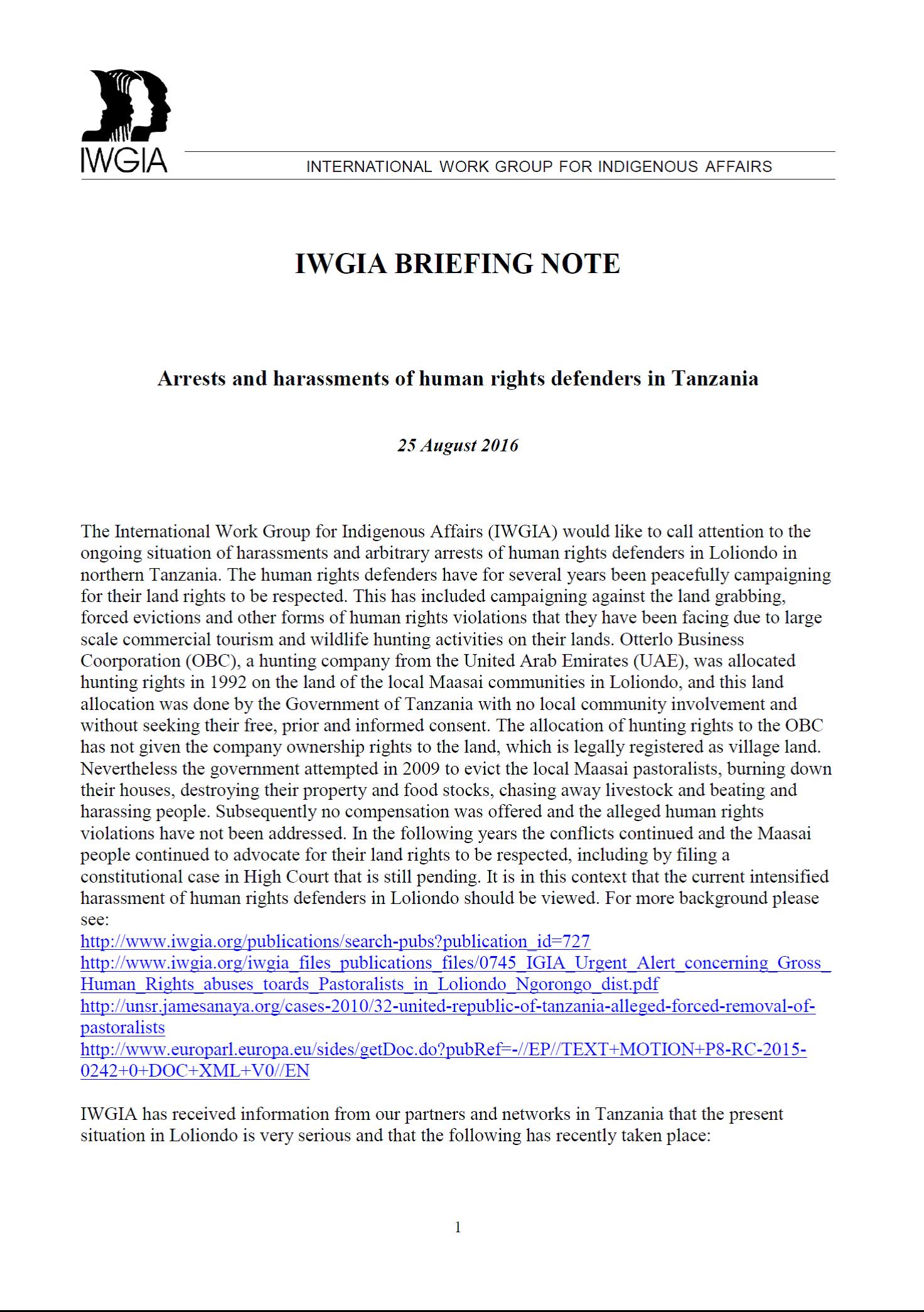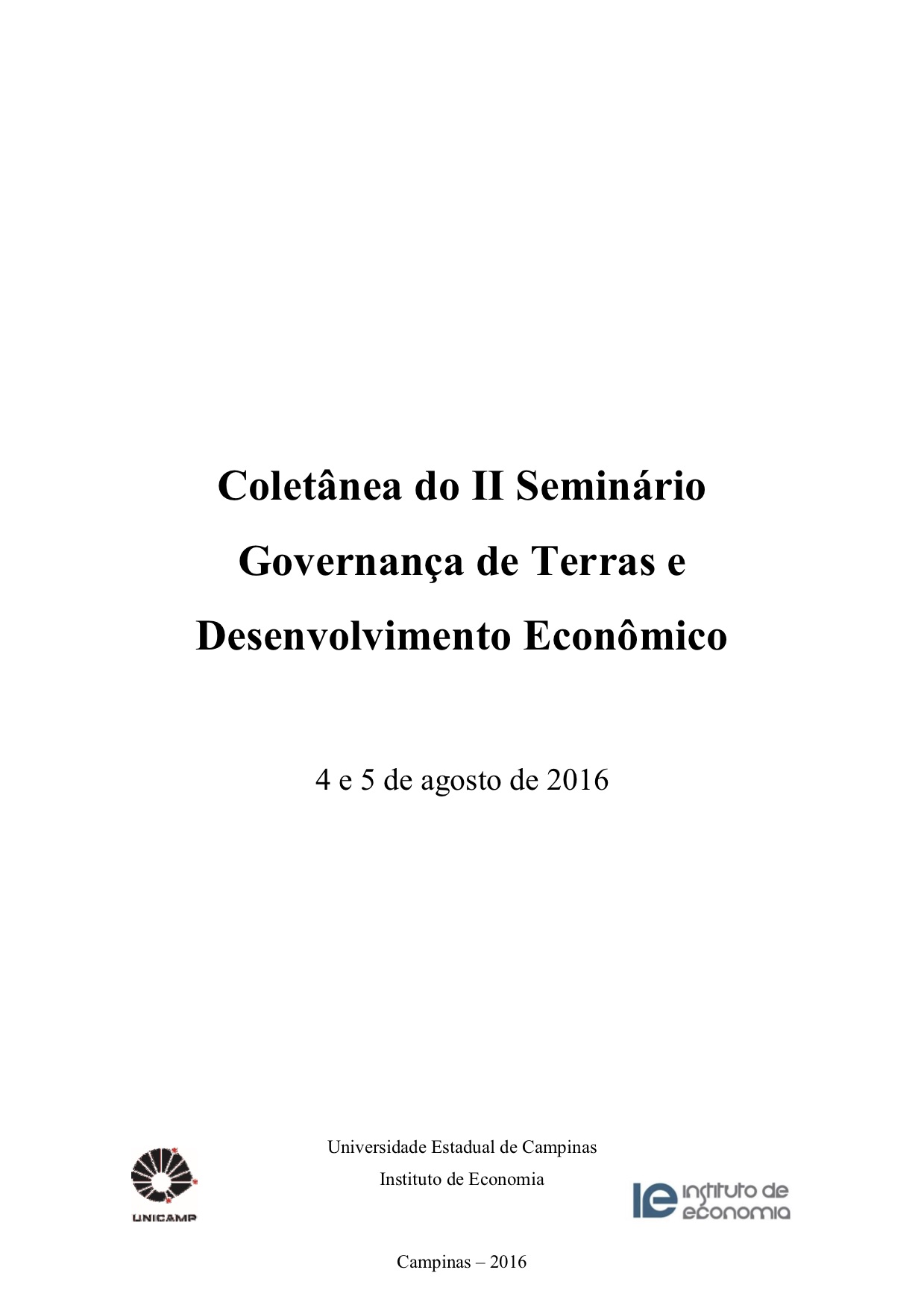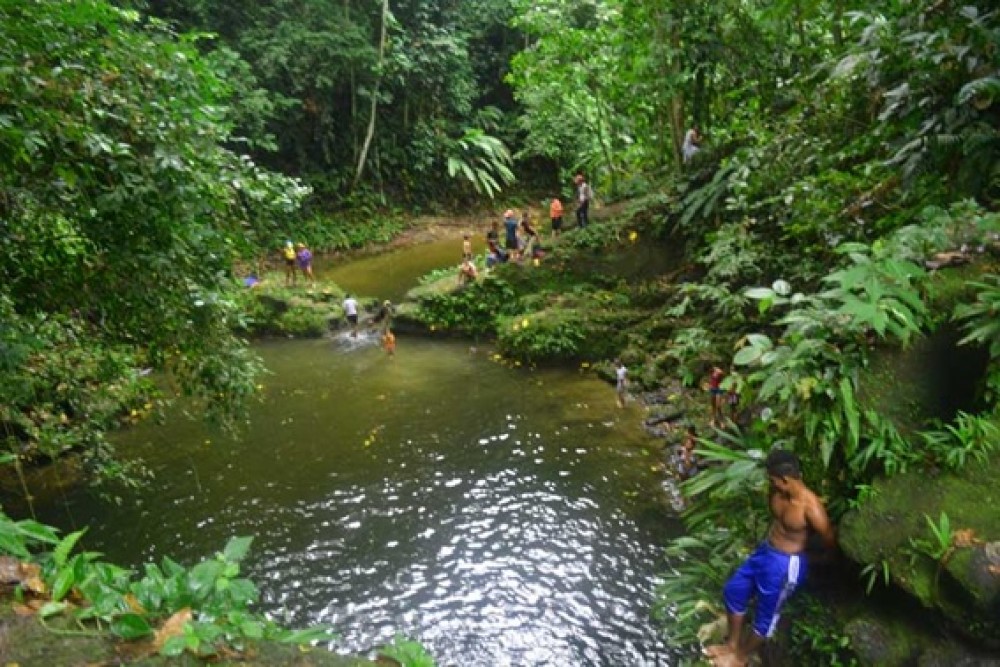Brasil agroecológico : Plano Nacional de Agroecologia e Produção Orgânica – Planapo
As atividades relacionadas à produção agrícola estão entre as que mais têm gerado impactos sobre o meio ambiente. A produção intensiva é grande consumidora de energia, além de fonte de contaminação da água, ar e solo, por meio, especialmente, de resíduos de pesticidas e de fertilizantes. A expansão das fronteiras agrícolas aumenta as taxas de desmatamento, agrava os processos de degradação do solo e põe em risco a biodiversidade.








